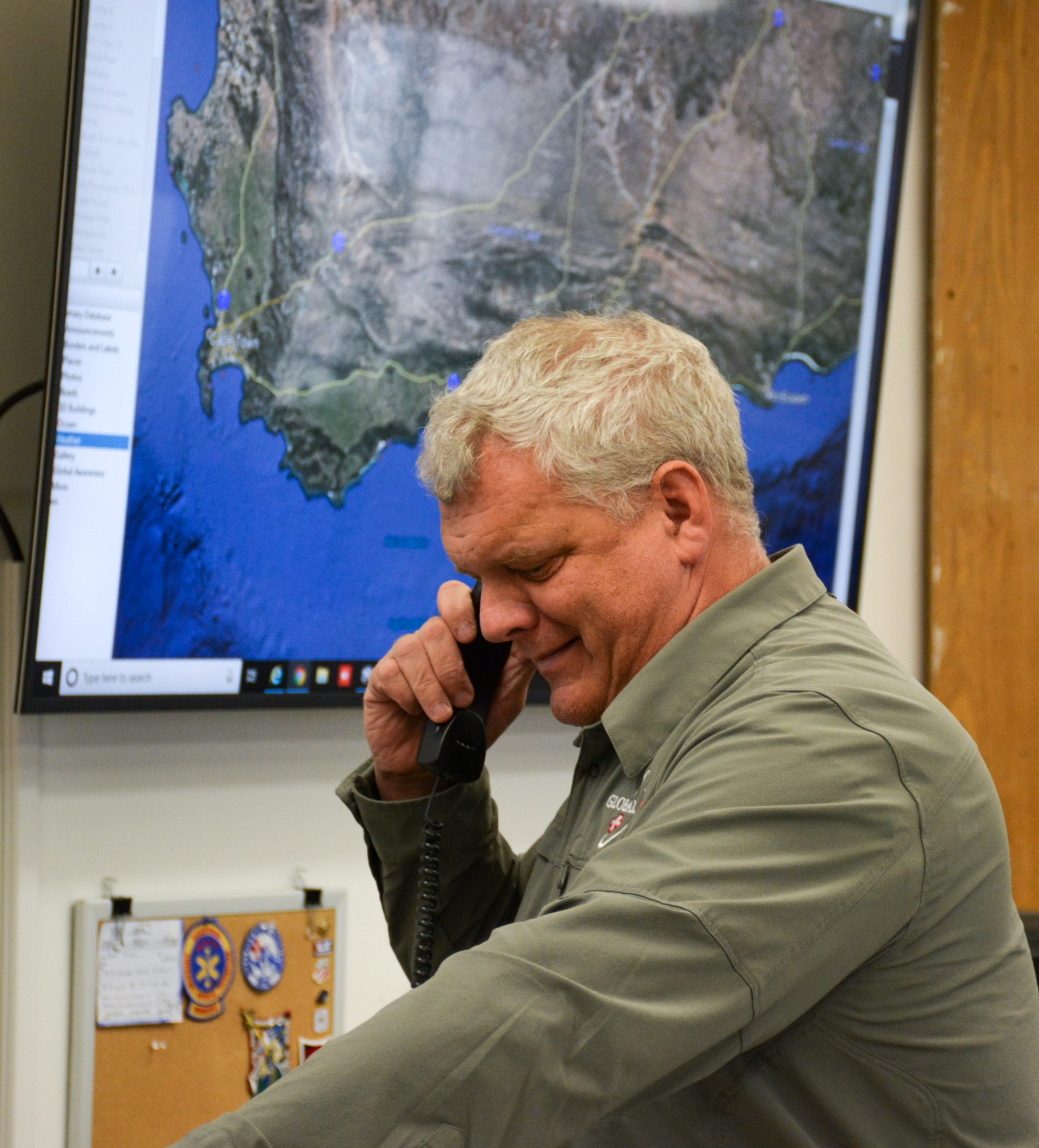“From two ongoing wars to political and economic instability in multiple countries, travelers are keenly aware of how conflicts, currency destabilization and inflation can suddenly change the landscape of a destination,” said Dan Richards, CEO of The Global Rescue Companies and a member of the U.S. Travel and Tourism Advisory Board at the U.S. Department of Commerce. “It’s important for travelers to be informed and have contingency plans in place, especially when traveling to regions where risks are elevated.”
The survey revealed that more than half of travelers (51%) would obtain security extraction services when traveling to countries or regions where terrorism, civil unrest, or war is an ongoing threat. Travelers are paying close attention to official U.S. travel advisories. “Travelers are taking their safety more seriously than ever before,” said Harding Bush, former Navy SEAL and security director for Global Rescue. “Security extraction services are no longer viewed as optional for those who travel to high-risk areas. People want to know that they can get out of a dangerous situation quickly if necessary.”
Despite external travel threats like geopolitical instability, the survey identified that nearly half of travelers (45%) identified injury or illness as their biggest concern during international travel, making health risks the leading issue travelers worry about. Health and safety have always been a concern for travelers, but in today’s unpredictable global climate, it has become a top priority.
“Whether it’s falling ill or experiencing an injury abroad, travelers are becoming more aware of the importance of having robust support systems in place,” Richards said. “Having the right resources available—whether that’s safety advisory or medical evacuation—can make all the difference when facing an emergency abroad.”
Individuals are showing an increasing reliance on destination reports and travel advisories. International trip planning is no longer solely about securing restaurant reservations, now pre-emptive emergency medical and security planning is part of the smart traveler’s preparation,” Richards emphasized. “More travelers are proactively seeking advice and protection, even before departure, ensuring they are ready to respond to unpredictable crises.”







